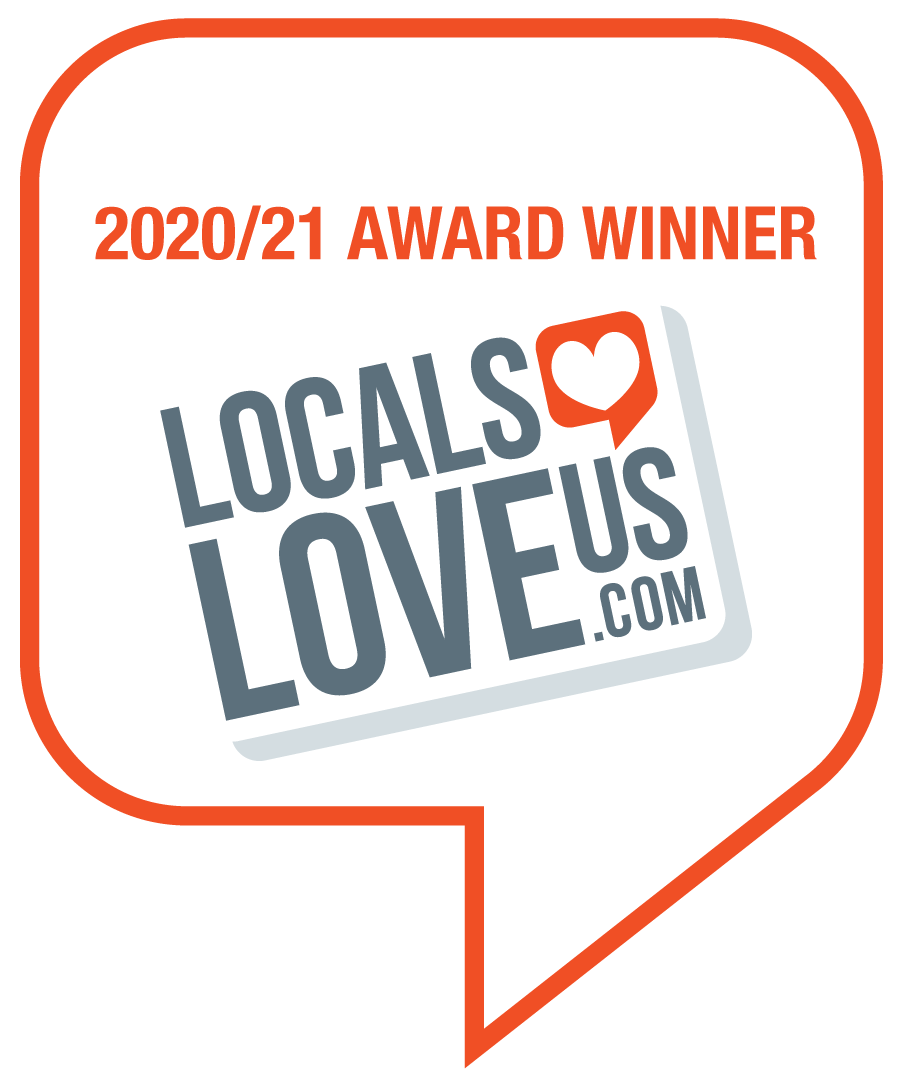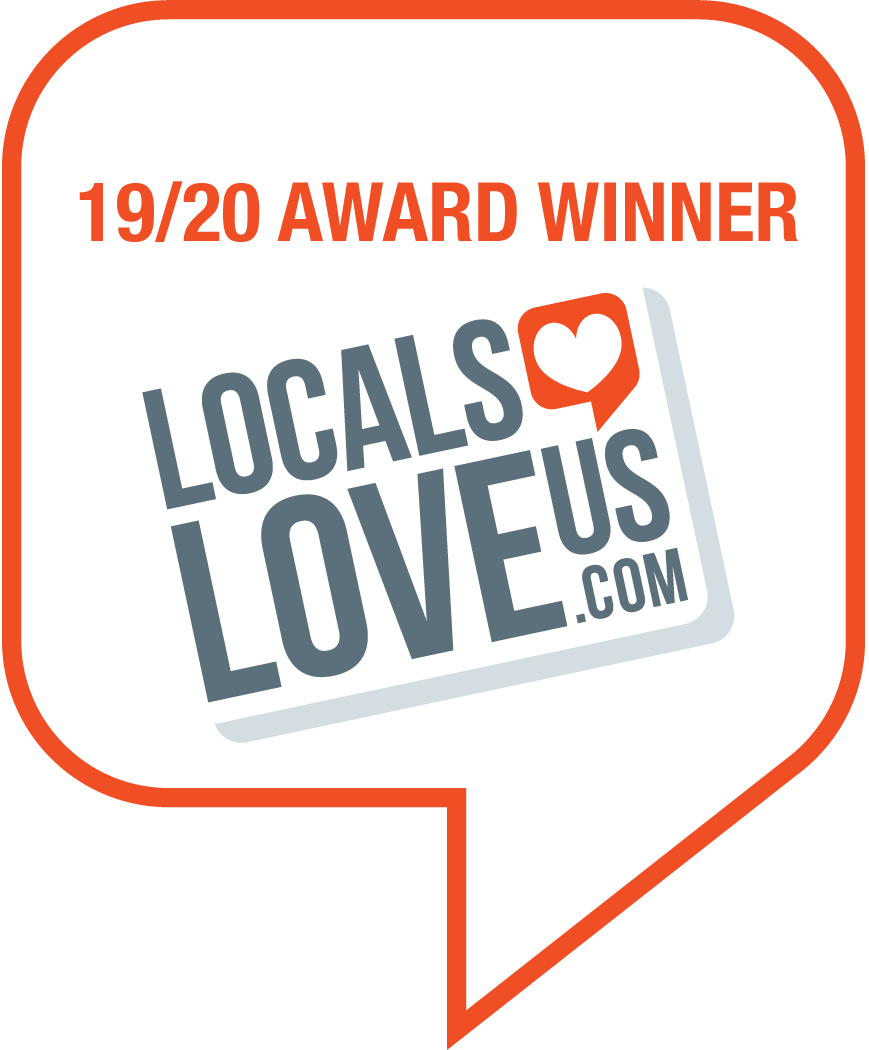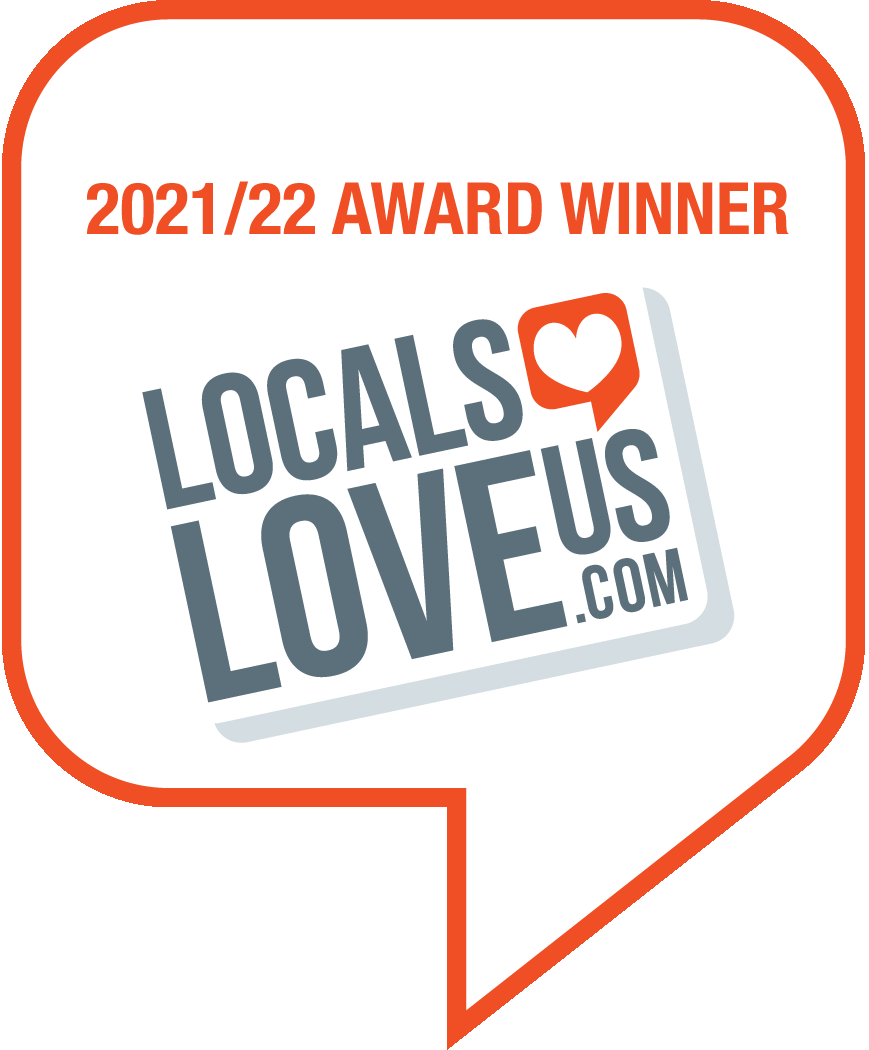That is another great question. And like most of the articles I’ve written about real estate there isn’t a simple answer I can give you for it, but I’ll attempt to run down as much information as I can think of to help you get a good enough understanding to feel like you understand the answer.
To start with, there are a number of ways to invest in real estate, each has it’s own up side and down side, and each has it’s own level of risk, knowledge requirement, and capital requirement. I’ll touch on several of the most popular investing options with regard to real estate, but please understand this will be nowhere near an exhaustive list!
Rental Properties
To start this information off, I can say there are a number of ways to invest in rental properties, and some of other investment strategies on this list also revolve around rental properties, but what I’m referring to here is a traditional purchase of a home, where you actually own the home, have either paid for it in cash, or have taken out a traditional mortgage. I start the list off with this because it’s my favorite method of investing, period.
With regard to how much it cost to invest in rental properties “the old fashioned way” it really depends on how you do it. There are actually several ways to go about it, and each have their own merits. I purchased my first rental property by taking out a second mortgage on my personal home, and putting down a 20% down payment on the rental property, financing the rest with a normal conventional mortgage. Shortly after that (and having been bitten by the rental property bug) I purchased another home to move into using an owner occupant mortgage, and converted my previous home into a rental property. That required no changes to the existing mortgage on my previous home (but that isn’t always the case, usually best to check with your mortgage company on requirements before you make any final decisions), and allowed me to purchase my new home with a low money down owner occupant mortgage, which in effect allowed me to gain a new rental property with only a few thousand dollars out of pocket.
Converting your personal residence to a rental property is a popular way to gain new rentals, but please keep in mind that this strategy doesn’t scale well at all, and the high ltv and pmi on these mortgages means there’s usually very little margin between the monthly mortgage and the rental income, which means it can be considered somewhat risky. Make sure you’re not over leveraging yourself if you’re planning to use this strategy, and realize this is a LONG term play.
Summary for “Old Fashioned” rental investing – 3.5%-20% down payment depending on your strategy.
Flipping
“Flipping” property has become abundantly popular in the recent past. There are so many tv shows about it they’ve become difficult to keep up with. Watching some of these shows make it easy to understand why it’s become so popular, I don’t know anyone who doesn’t enjoy seeing before and after photos. Everyone loves a good turn around!
The popularity of this strategy is quickly becoming it’s downfall. Too many inexperienced investors (hobbyist if we’re being honest about it) have no idea what they’re doing, so they pay too much for the property, make several mistakes on the renovation, and rarely make any money. This influx of money and purchasing into the market for dilapidated houses has artificially inflated the prices, and severely reduced the likelihood of making money on any of them whether for rental or flipping purposes. I suspect this is a short term situation and will eventually correct itself.
Now that I’ve gone off on my tangent, I can get back to answering the question at hand. Flips can be financed in any number of ways, if purchased by a normal bank mortgage you’d be required to pay the typical 20% down for investment properties, depending on your credit worthiness and relationship with the bank (and products they offer) you may or may not be able to finance some part of the renovations as well. If you have great credit and a great relationship with the bank you may be able to close the purchase of the house and receive a check from the bank for renovations! In other cases it may be structured more like a construction loan, where the bank has to inspect periodically before releasing another round of funding. Other popular and common practices are to use Hard Money Loans (short term high interest loans, usually underwritten purely on the value of the house being flipped) for the purchase and part or all of the renovations. I wouldn’t recommend hard money loans to amateur house flippers, as an extended timeline or unforeseen problems could drastically increase your costs and the short term of most hard money loans creates it’s own problems if you don’t know what you’re doing.
You may be able to reduce the out of pocket costs by doing the renovation work yourself (this would apply to any of the investment types) but beware if you aren’t sure of what you’re doing this could be a HUGE risk! Depending on permit/licensing requirements on top of the obvious risk of having to have work redone if done incorrectly or poorly. As an example: Purchase a home for $100,000, renovation work would be $50,000 if done by a contractor, so total cost would be $150,000. Most banks would readily write a loan for $120,000 (80% of total cost) on this project, and if materials are only $15,000, then you could actually complete this project with NEGATIVE money out of pocket, and only time/effort invested into the renovations (plus carrying costs of course).
Summary: It is possible to flip a house with less than no money out of pocket, but more commonly there is going to either be very high lending costs, or somewhere around 20-25% of total project costs out of pocket, plus carrying costs. Professional house flippers usually have a medium to large sized line of credit that they work off of that allows them to operate as if they were on a purely cash basis. This helps to speed up transactions, reduce transaction costs, and eliminate the red tape that can come along with investment real estate financing. Even if you have enough cash to do your project out of pocket you’re better off investing that cash into a rental property and then taking out a line of credit on the rental rather than using the cash directly, but that’s a subject for another article!
Wholesaling
You’ve heard about investing in real estate with “no money and no credit” right? I’d be surprised if you hadn’t. What people are referring to is usually either owner financing, or more commonly what’s typically called “wholesaling” properties. I’d argue this isn’t investing at all, as you never actually have a vested interest in the property at any point, nor does your profit generate from an input into that property (cash, renovations, etc) but I suppose that’s all irrelevant points.
Have you seen the “bandit” signs on the sides of the roads, posted to vacant houses, up on utility poles, etc that say “We buy houses”? They’re usually hand written and generally poorly done (which is intentional by the way if you can imagine that). If you’re like me you probably wondered how the heck so many people can afford to buy houses non stop. Well the truth is they probably can’t, and in fact they don’t. In most cases these people that “buy houses” may never actually buy a house!
The process works like this: A home owner calls the number on the sign, and the “wholesaler” may or may not even go out to the property. They will negotiate the lowest possible price they can for the purchase of the home, and have the home owner sign an agreement to sell the home at that low price, which is effectively an option agreement, because it doesn’t REQUIRE the “wholesaler” to purchase the home. Once under contract the “wholesaler” will attempt to find a buyer for the home, and will assign their contract to the end buyer, netting an assignment fee of $2,000 up to $100,000 or more, depending on how far the contract price is below market value.
Many people would argue that these homes are problems for the owners and they just want to be done with them, and that “wholesalers” are solving the problems for these owners, which in a way is true. However I don’t think that anyone could argue that if the home were listed on the open market/MLS for the same price that the eventual buyer purchases it for that it would sell as fast or faster and net the owner much more money. For that reason and the fact that the owners of these homes are often the most susceptible to abuse (elderly, impoverished, or generally ignorant) I personally do not approve of the wholesaling strategy. I do believe there may be a middle ground out there that is a more transparent and therefore ethical procedure, and I’m sure there are many “wholesalers” that are taking a path that I would heartily cheer on, but I’d say that’s definitely the exception and not the rule.
Summary: It’s possible to make big money off of other people buying and selling homes with very little risk, but may require you to do things that could be considered taking advantage of the most vulnerable people in society.
Tax Title/Lien
Depending on where you live, this type of investing can vary widely. I’ve only invested in tax properties in Louisiana, so that is the frame of reference I’m going to use here. Louisiana uses tax titles rather than tax liens, which other states use. There are several factors including whether you bid down or bid up, the redemption period, your rights as a tax investor, your responsibilities or liabilities as a tax investor, and other nuances that pop up from time to time.
The broad strokes work like this: Someone owns a property, and doesn’t pay their property taxes, the taxing authority (usually the sheriff in Louisiana) is empowered to sell the property at auction for the taxes owed. Considering that property taxes are generally somewhere around 2% or less of the properties value that sounds pretty great, right? Well it’s not quite that simple! It is an auction, so you might picture people bidding up the price, but the price is fixed at the taxes and fees owed, so instead of bidding up the price you actually bid DOWN your ownership percentage that you’re willing to accept in exchange for paying the taxes owed on the property. The only way to guarantee the purchase of the property is to be the first person to bid 1% ownership, otherwise you’re just going to keep bidding the percentage down until no one else is willing to pay the bill for such a small percentage of ownership. Once you’ve got the winning bid you get the keys and move in, right? Wrong again! You may technically own the property, but it will be 3 years before you are ELIGIBLE to gain possession of the property. Even after the 3 years you still have to present your case to a judge and be awarded possession. Your case will need to include documentation of the purchase, and stewardship during your time of ownership (including paying the taxes during that time period). The judge will also consider the ownership percentage you have of the property when determining possession and other rights.
In some cases (I’ve gotten very mixed information from multiple attorneys on this) if a property is vacant you may have the right to gain immediate possession of the home to “maintain it’s condition”. If you are able to gain possession you would have the right to rent the home or occupy it yourself, but keep in mind that right would be immediately removed if the taxes are redeemed.
You might think that the game plan here is to purchase as many of these as possible in hopes that you gain possession of them after the 3 years, and that’s the exact strategy that many tax investors take, however there are many out there that want every on of their tax investments to be “redeemed”.
In Louisiana the redemption period is 3 years, which means that the owner of record can pay what they owe in back taxes, along with a 5-10% penalty and 1% per month it’s owed. So at a minimum a tax investor is getting around 12% per year return on investment on properties that are redeemed. Not bad! There are massive companies that invest only in tax properties, and have an algorithm to determine what properties they purchase at tax sale based on the likelihood to be redeemed. They readily bid down the properties to 1%, because they don’t actually WANT to take possession of the properties.
In summary: So how much does it cost? I’ve purchased tax sale properties for $200 with annual tax bills of $75, and actually wound up owning them because they were never redeemed. Turns out I was only 19 years old at the time and had no idea what I was doing, and I didn’t actually want a vacant lot in the middle of a part of town I’d be scared to walk through in the middle of the day, but that’s a whole other story.
If you own your home, just look at your annual tax bill. Add 50% to that and that’s generally what it would cost to purchase a home similar to yours at tax auction. There are usually at least a few of every kind of property you can think of, and depending on your area between 2 and 8% of the properties won’t be ever be redeemed. The ones that aren’t redeemed are usually the lowest quality, but it’s still a very cheap way to get into investing in real estate.
“Subject To” Owner Financing and More
There are lots of “creative financing” strategies that people us to invest in real estate, I’ve listed the most popular ones I could think of for this article:
-Owner Financing: It’s just like what it sounds like, someone owns a house and sells it to you for monthly payments rather than a cash purchase. The previous owner becomes your bank, and whatever the two of you agree to is generally fair game. I’ve seen owner financing agreements that stretched out 50 years, some with 0% interest, others with weekly or annual payments, the options are limitless. This can be a great solution for sellers that are stuck on a price that is unrealistically high, or where tax ramifications would be severe from selling it outright. Because of the flexibility here it’s usually not difficult to purchase an owner financed property with a low or no down payment, the most difficult part about it is finding someone capable and willing to do the owner financing. Because of the large potential for fraud and abuse here I would recommend seeking the assistance of an attorney and/or expert investor before conducting an owner financed transaction.
-Subject to exiting debt: You’ll hear this called a “subject to” transaction, it just means you’re purchasing a property that already has a lien on it, and you’re taking over the payments. Most buyers/sellers wouldn’t contact the bank or mortgage holder to request permission, because that would trigger the “due on sale” clause of the mortgage and nullify the option. This is a good option for home owners that have very low rate mortgages, where there is a margin to be able to rent a house for a monthly profit, even though it cannot be sold at a high enough price to pay off the existing debt. A “buyer” in this case could even be paid cash at closing to take title to a property by a seller, and the seller is in effect walking away from the property and the loan payments. The loan will remain on their credit however, so from the sellers perspective that’s something to keep in mind.
The bank or mortgage holder could call the loan due at any time after the transaction, so this is an extremely risky transaction, however most buyers look at it from the view point that if they didn’t pay anything at closing they don’t really have anything to lose if the home is cash flowing while they own it.
-Private Financing: This is just a fancy term for borrowing money from a private individual to finance your property. It could be your parents, uncle, grandparents, or just some guy you met in a coffee shop. There are no requirements for this and very little in the way of regulations because it’s an agreement between the two parties. The financing works just like any other would, but has flexibility similar to the owner financing listed above. Whatever terms you both agree to are generally acceptable, but I would definitely recommend getting it in writing, and if you’re doing the financing, definitely file your mortgage lien on the property.
Conclusion
There are a lot of options out there, so if you do your homework and familiarize yourself with the applications of each, you’ll be prepared to take advantage when the appropriate opportunity presents itself!



